Trump Slams India, Calls Trade Relationship a 'One-sided Disaster'
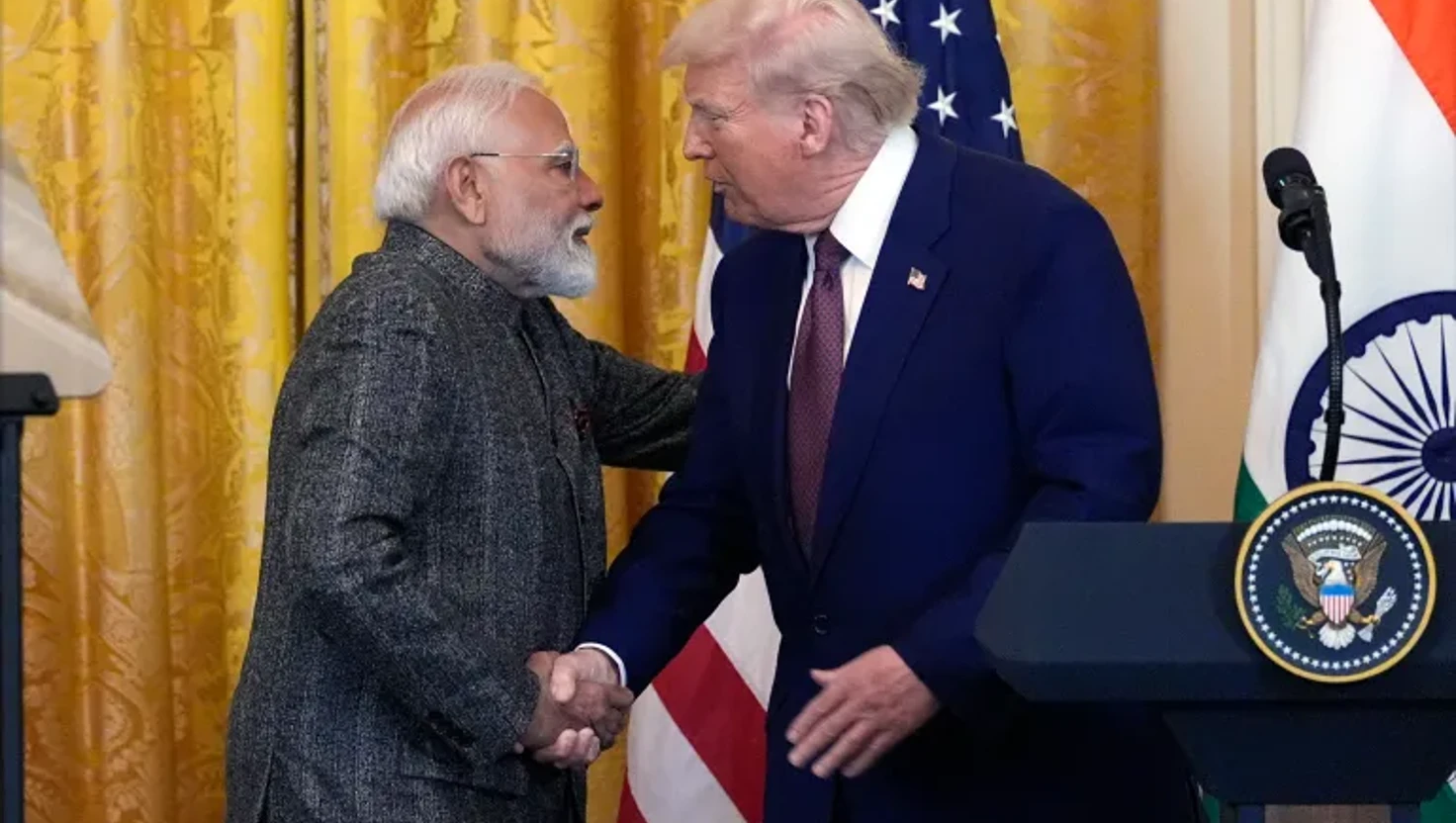
Donald Trump Critiques India-U.S. Trade Relations Amid Tariff Disputes
U.S. President Donald Trump describes trade ties with India as unbalanced, claiming New Delhi offered to reduce tariffs on American goods to zero.
United States President Donald Trump has voiced strong criticism of the trade relationship between the U.S. and India, labelling it as 'totally one-sided.' His remarks on Monday come amid rising tensions between the two nations in the context of global trade discussions.
High Tariffs and Trade Imbalance
In a post on the social media platform Truth Social, Trump highlighted what he sees as a significant disparity in trade volume. He remarked, 'What few people understand is that we do very little business with India, but they do a tremendous amount of business with us.' Trump elaborated that India's sales to the U.S. dwarf the American exports to India, portraying the dynamic as unjust for the United States.
Trump's comments followed a meeting between Indian Prime Minister Narendra Modi and key leaders including Russian President Vladimir Putin and Chinese President Xi Jinping during the Shanghai Cooperation Organisation summit in Tianjin, China. While Trump asserted that India has proposed to reduce its tariffs on U.S. goods to zero, he stressed that this offer should have been made much earlier.
Previous Trade Talks Hit Roadblocks
Tensions have escalated following a pause in trade negotiations that the U.S. had anticipated would address ongoing tariff issues. In August, a scheduled visit by an American delegation to India was abruptly cancelled. Earlier this year, Trump had implemented tariffs of up to 50% on selected Indian goods, an aggressive move that has been perceived as detrimental to improving bilateral trade relations.
Between March and July of this year, five rounds of negotiations took place, yet they faced significant hurdles, primarily centred around market access for agriculture, tariff reciprocity, and disputes relating to the World Trade Organization.
Pressure on India to Change Course
Trump's harsh critique coincides with a broader sentiment among his administration officials who have publicly urged India to reassess its purchasing strategies, particularly regarding oil imports from Russia. His senior aides have echoed similar sentiments, expressing discontent over India’s ongoing purchases of Russian military equipment and energy resources.
Trump stated, 'India buys most of its oil and military products from Russia, very little from the U.S.' This continues to be a point of contention, as India appears to be deepening its military ties with Russia despite U.S. aspirations to strengthen its partnerships in Asia.
Reaction from India
Indian officials have yet to publicly respond to Trump's latest comments. However, in previous statements, Commerce and Industry Minister Piyush Goyal has voiced that India would not compromise its economic interests in the face of U.S. tariffs, asserting, 'We will neither bow down nor ever appear weak.' This indicates a firm stance from New Delhi regarding its international trade negotiations.
Potential Future Developments
Analysis suggests that Trump's aggressive tariff policies might be reshaping global trade alliances, compelling countries to seek deeper collaboration with non-Western nations. As countries navigate the complexities of U.S. tariffs, some may look towards strengthening relations with each other, particularly in light of shared interests outside of U.S. economic influence.
Conclusion
As the dialogue between the U.S. and India continues to evolve, the implications of Trump's comments on future trade negotiations remain to be seen. With growing geopolitical dynamics and shifting alliances, both nations may need to revisit their economic strategies to foster a more balanced trade relationship that addresses the concerns raised by leaders on both sides.
High Tariffs and Trade Imbalance
In a post on the social media platform Truth Social, Trump highlighted what he sees as a significant disparity in trade volume. He remarked, 'What few people understand is that we do very little business with India, but they do a tremendous amount of business with us.' Trump elaborated that India's sales to the U.S. dwarf the American exports to India, portraying the dynamic as unjust for the United States.
Trump's comments followed a meeting between Indian Prime Minister Narendra Modi and key leaders including Russian President Vladimir Putin and Chinese President Xi Jinping during the Shanghai Cooperation Organisation summit in Tianjin, China. While Trump asserted that India has proposed to reduce its tariffs on U.S. goods to zero, he stressed that this offer should have been made much earlier.
Previous Trade Talks Hit Roadblocks
Tensions have escalated following a pause in trade negotiations that the U.S. had anticipated would address ongoing tariff issues. In August, a scheduled visit by an American delegation to India was abruptly cancelled. Earlier this year, Trump had implemented tariffs of up to 50% on selected Indian goods, an aggressive move that has been perceived as detrimental to improving bilateral trade relations.
Between March and July of this year, five rounds of negotiations took place, yet they faced significant hurdles, primarily centred around market access for agriculture, tariff reciprocity, and disputes relating to the World Trade Organization.
Pressure on India to Change Course
Trump's harsh critique coincides with a broader sentiment among his administration officials who have publicly urged India to reassess its purchasing strategies, particularly regarding oil imports from Russia. His senior aides have echoed similar sentiments, expressing discontent over India’s ongoing purchases of Russian military equipment and energy resources.
Trump stated, 'India buys most of its oil and military products from Russia, very little from the U.S.' This continues to be a point of contention, as India appears to be deepening its military ties with Russia despite U.S. aspirations to strengthen its partnerships in Asia.
Reaction from India
Indian officials have yet to publicly respond to Trump's latest comments. However, in previous statements, Commerce and Industry Minister Piyush Goyal has voiced that India would not compromise its economic interests in the face of U.S. tariffs, asserting, 'We will neither bow down nor ever appear weak.' This indicates a firm stance from New Delhi regarding its international trade negotiations.
Potential Future Developments
Analysis suggests that Trump's aggressive tariff policies might be reshaping global trade alliances, compelling countries to seek deeper collaboration with non-Western nations. As countries navigate the complexities of U.S. tariffs, some may look towards strengthening relations with each other, particularly in light of shared interests outside of U.S. economic influence.
Conclusion
As the dialogue between the U.S. and India continues to evolve, the implications of Trump's comments on future trade negotiations remain to be seen. With growing geopolitical dynamics and shifting alliances, both nations may need to revisit their economic strategies to foster a more balanced trade relationship that addresses the concerns raised by leaders on both sides.
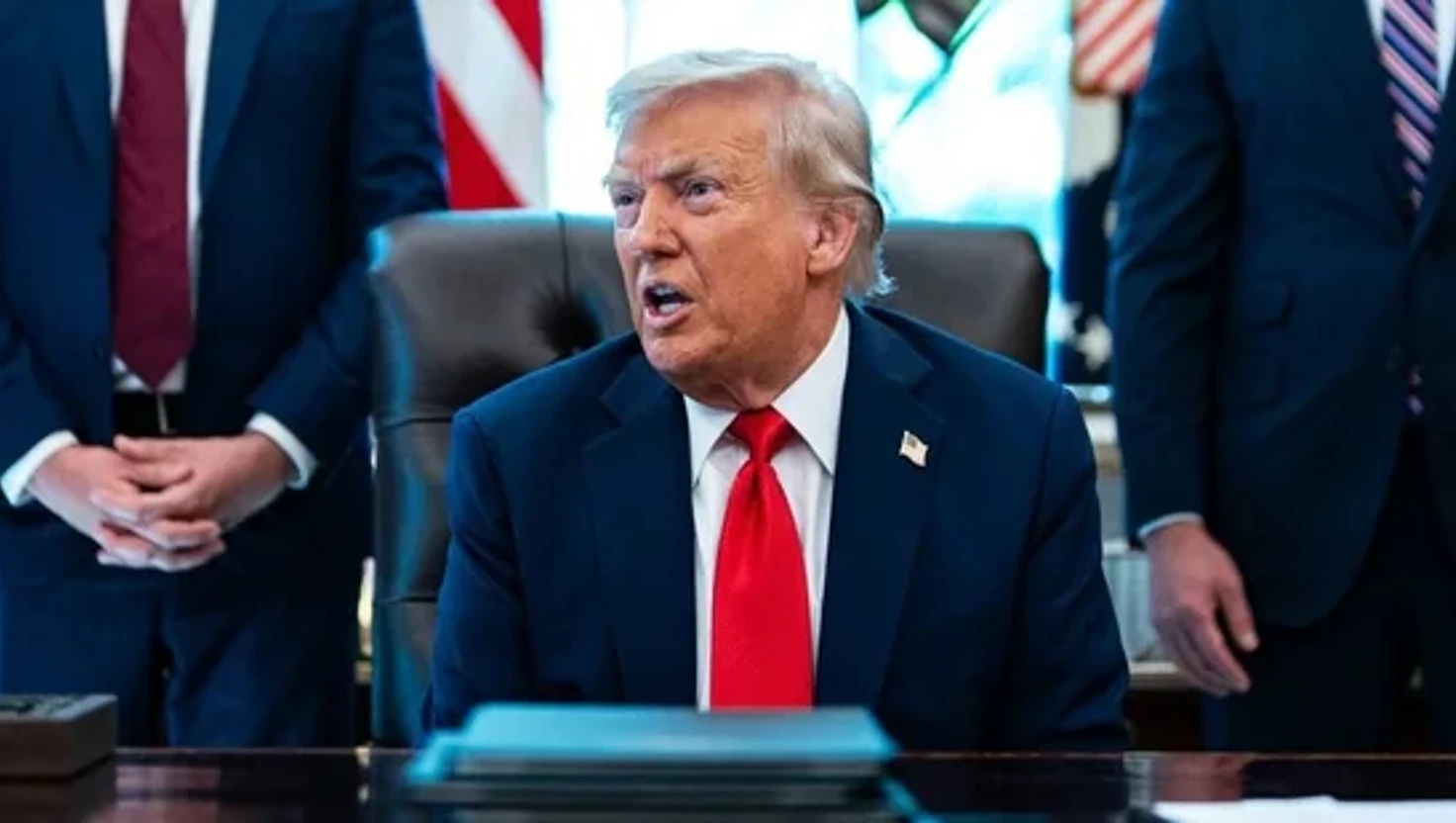
US would be "completely destroyed", military power will be "obliterated", warns Trump against court's decision on tariffs
After a court ruling invalidated many tariffs, US President Donald Trump has fervently defended his trade policies, warning of dire consequences without them.
| 2025-09-01
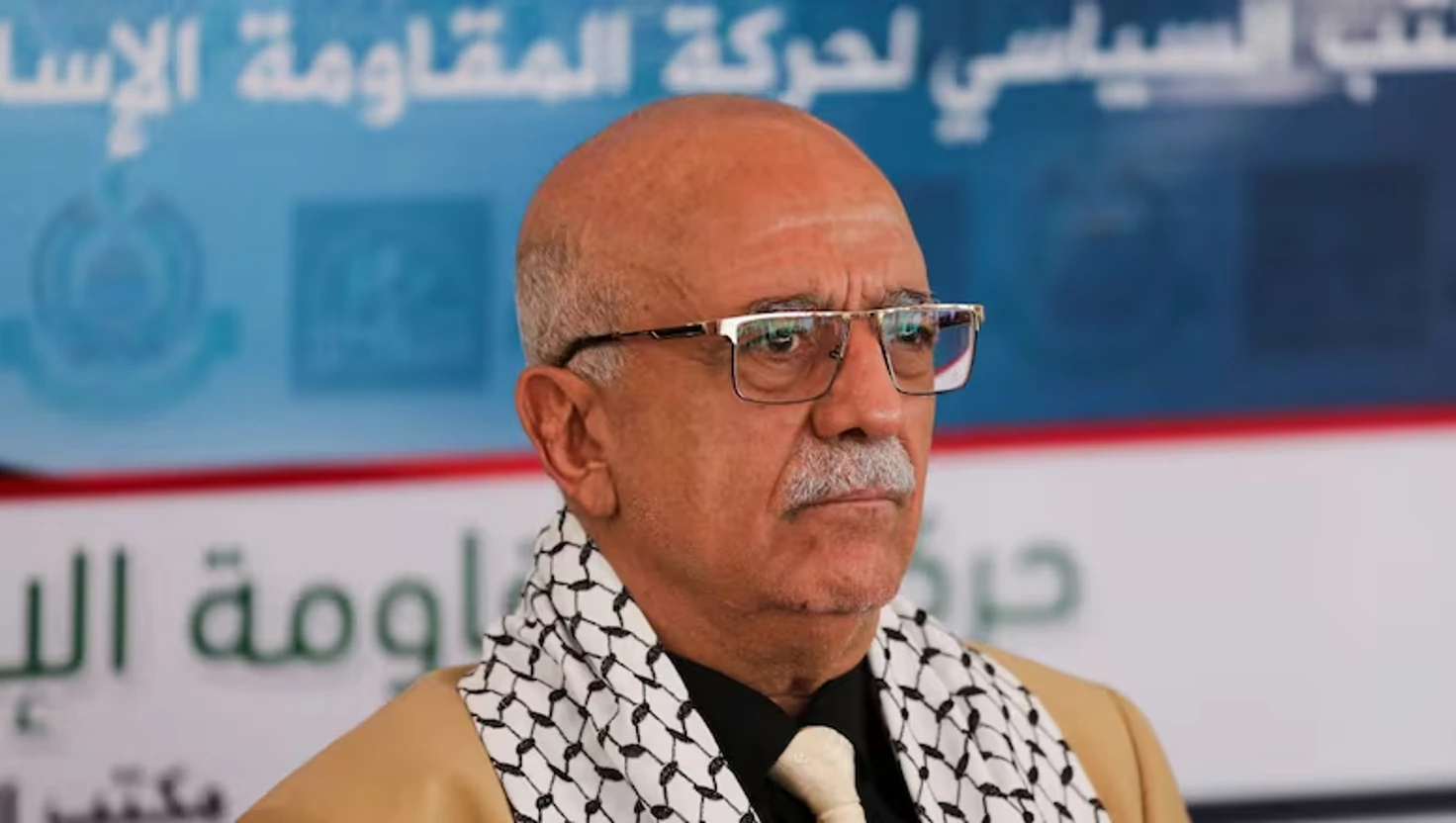
Israeli Strike Kills Houthi Prime Minister in Yemen
The prime minister of Yemen's Houthi government has been killed in an Israeli airstrike, escalating tensions in the region significantly.
| 2025-08-31
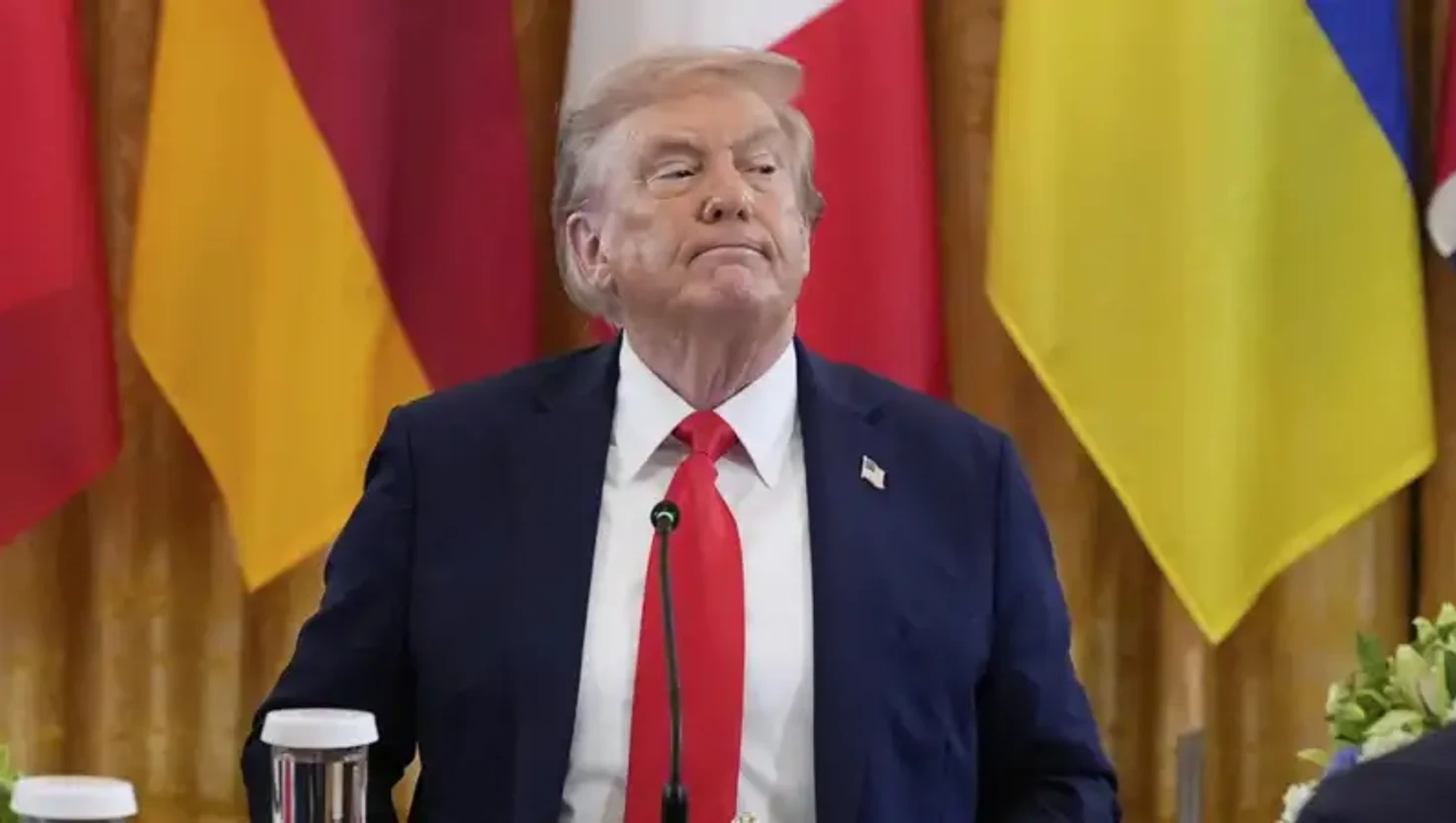
Federal Court strikes down most US tariffs, saying Trump overstepped authority
A federal appeals court has struck down key tariffs imposed by Trump, citing overreach of presidential authority. The ruling may challenge his trade policy.
| 2025-08-30
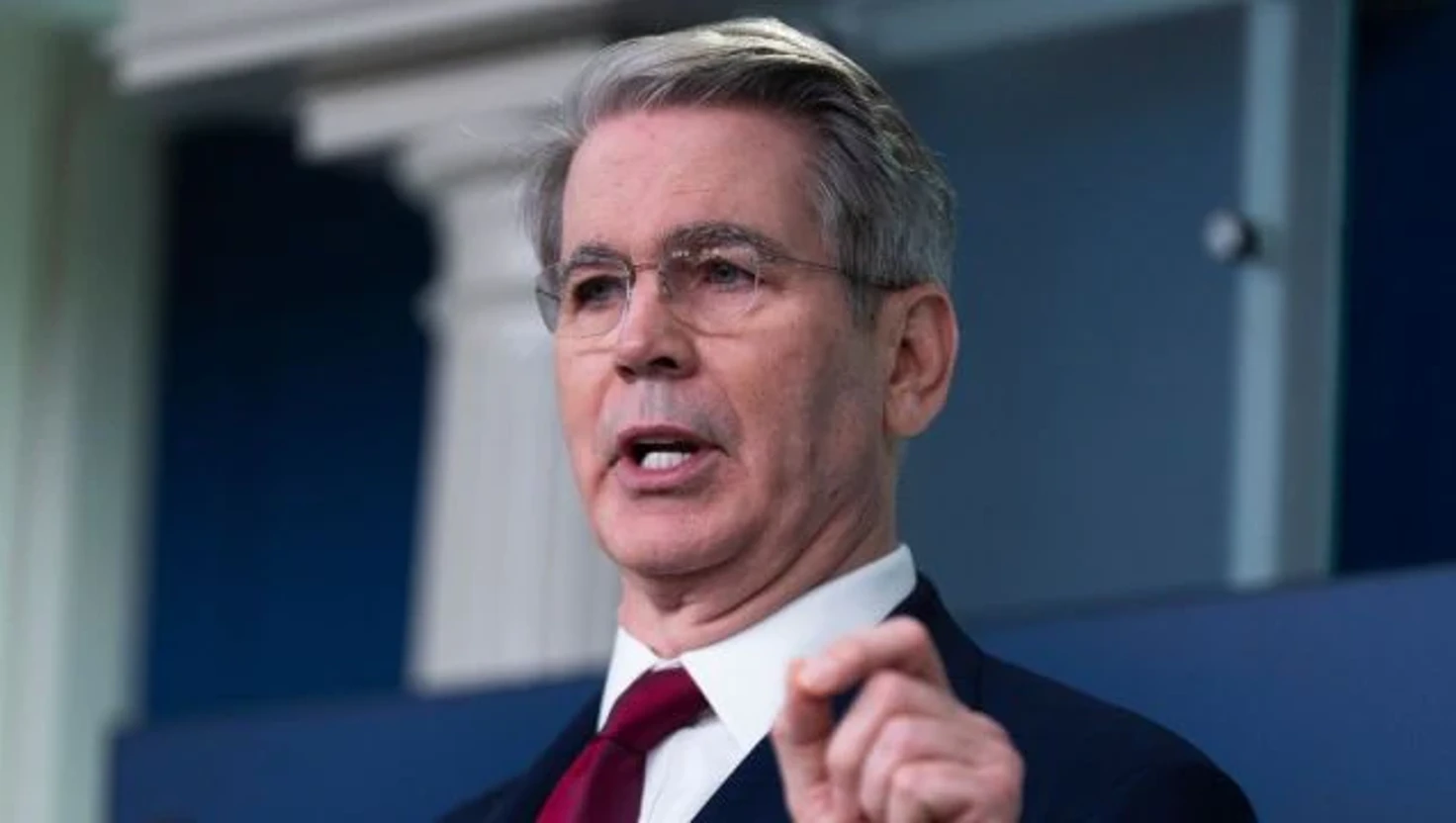
US and India relationship complicated, will eventually reach a trade deal, says Treasury Secretary
Scott Bessent highlights complexities in US-India ties amidst tariff tensions but expresses optimism for future collaboration.
| 2025-08-28
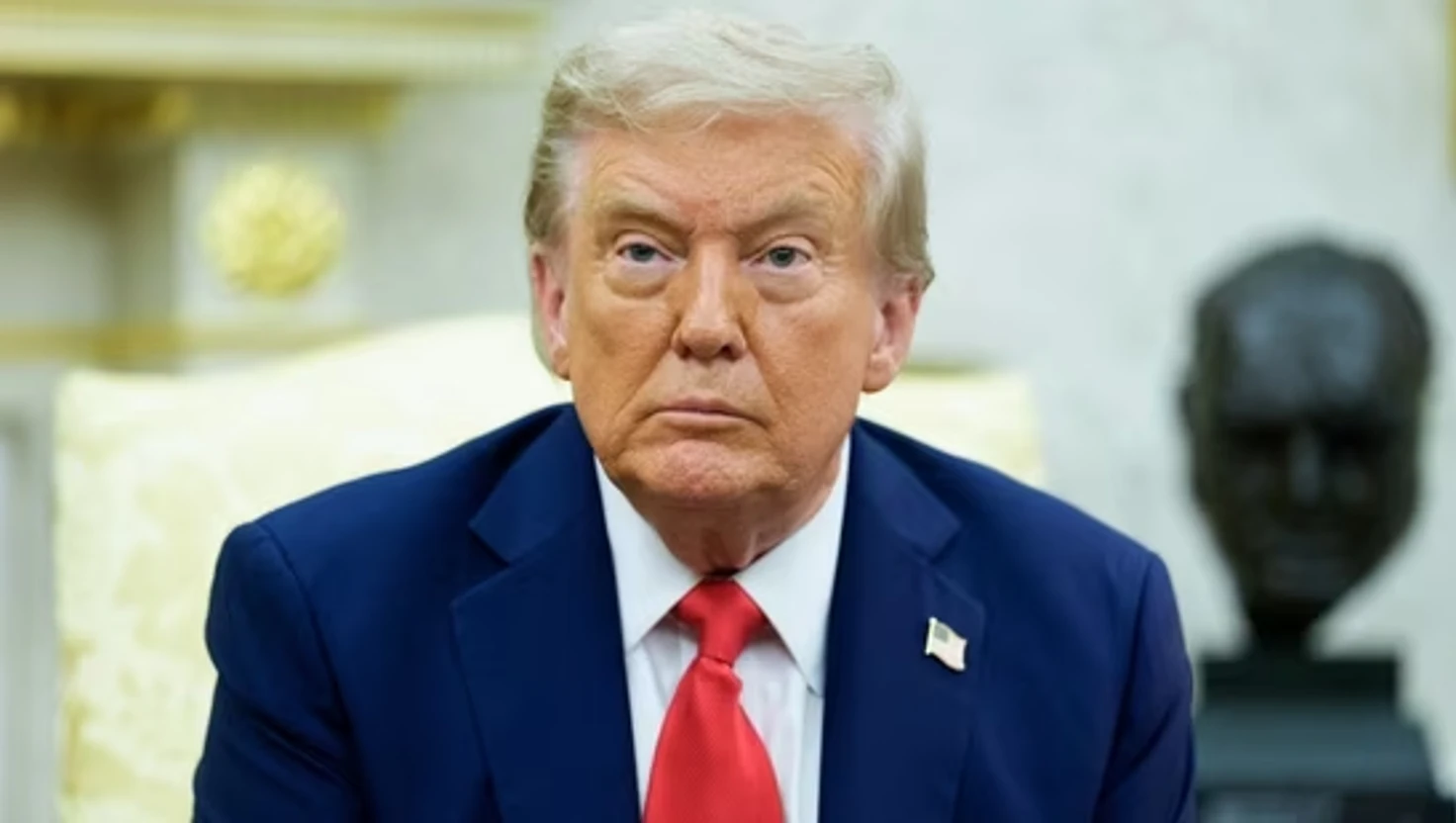
Steep US tariffs Hit Indian Exports: Units in Tirupur, Noida & Surat Halt Production
US tariffs rise to 50% affecting India's textiles, seafood, and jewellery exports, causing production halts in key regions.
| 2025-08-27




